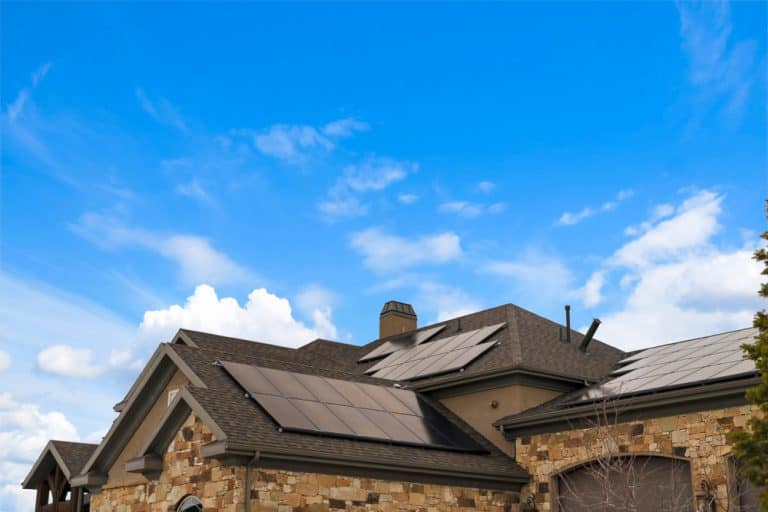The What, How, and Why of the ITC

Solar panels are a great way to help the environment. However, some are unaware that the federal government has a solar incentive in place.
This incentive makes solar affordable, which has increased solar installations in recent years. In fact, since the ITC was first enacted in 2006, it has increased on average by 50 percent annually.
If those installing solar qualify for the tax credit, it can decrease the cost of the system. Before determining who qualifies for the credit, let’s take a look at what the credit entails.
What the Solar Investment Tax Credit Is
The Federal ITC, also known as the Investment Tax Credit, is a dollar-for-dollar credit on federal taxes. This credit takes a percentage of the total cost of the solar installation and pays it to the customer in the form of a tax credit.
This credit is only applied to taxes owed to the government. If for some reason the customer doesn’t owe taxes, this credit will be useless to them.
The incentive for this credit depends on two things. First, the type of installation and second, the year of installation.
Residential and Commercial Solar Tax Credit Tiers
The Federal incentive is divided into two basic solar installation types. These include residential and commercial/utility-scale installations.
Each year both of these incentives decrease. 2019 is the last year that both will receive up to 30 percent of the installation in tax credits. It then continues to decrease each year.
In 2020, both will decrease to 26 percent. Then in 2021, the incentive will lower to 22 percent.
In 2022 the incentive decrease will be a little different. It will no longer exist for residential installations. However, large solar installations will still get 10 percent.
How to Claim the Federal Solar Tax Credit
To claim this tax credit, it takes a little more than installing the solar array. Individuals with solar need to file for their tax credit.
To file for the solar incentive, the 5695 form needs to be filled out. This form determines how much the array’s incentive will be.
It is best practice to keep the 5695 form in a safe spot so it can be easily retrieved when needed. These forms along with state and federal TC40 award letters provide proof of accurate filing.
How The Federal Tax Credit Works
One thing that most don’t understand is that the Federal tax credit isn’t an immediate discount. It works more like a mail-in rebate.
The customer either pays for the system up-front with cash or gets a loan. Then after the tax year is over, the money is deducted from federal taxes.
A Solar Panel Tax Credit Carryover?
The best part about this tax credit is that it can carry over from one year to the next. If an individual doesn’t owe the federal government, the amount that they have been awarded will carry over to the next year.
It isn’t certain how many years this credit can carry over. However, it will for sure continue until the credit phases out in 2022.
It should be understood that this tax credit is non-refundable. Meaning that an individual will never receive more than they owe in taxes.
Why The Federal Solar Tax Credit is Important
This tax credit has helped the solar industry boom within the last couple of years. However, this tax credit wasn’t meant to last.
It was put in place to help boost the solar industry. Now that this has occurred, the credit is set to phase out.
The Federal tax credit is a crucial part of solar. In fact, for many, the price difference is so great that they can’t get solar without it. This is why making sure you can qualify for the tax credit while it is here is crucial.
The Federal Tax Credit for Purchased Solar
One factor to consider is whether to get a leased or purchased solar array. Individuals who install a leased solar array don’t get the Federal tax credit.
Instead, this credit goes to the solar company from which the array is being leased, since this company owns the modules.
If getting the tax credit is important to you, it is best to purchase your solar array. You can do this through a loan or with cash.



Send a Message
Oops! We could not locate your form.